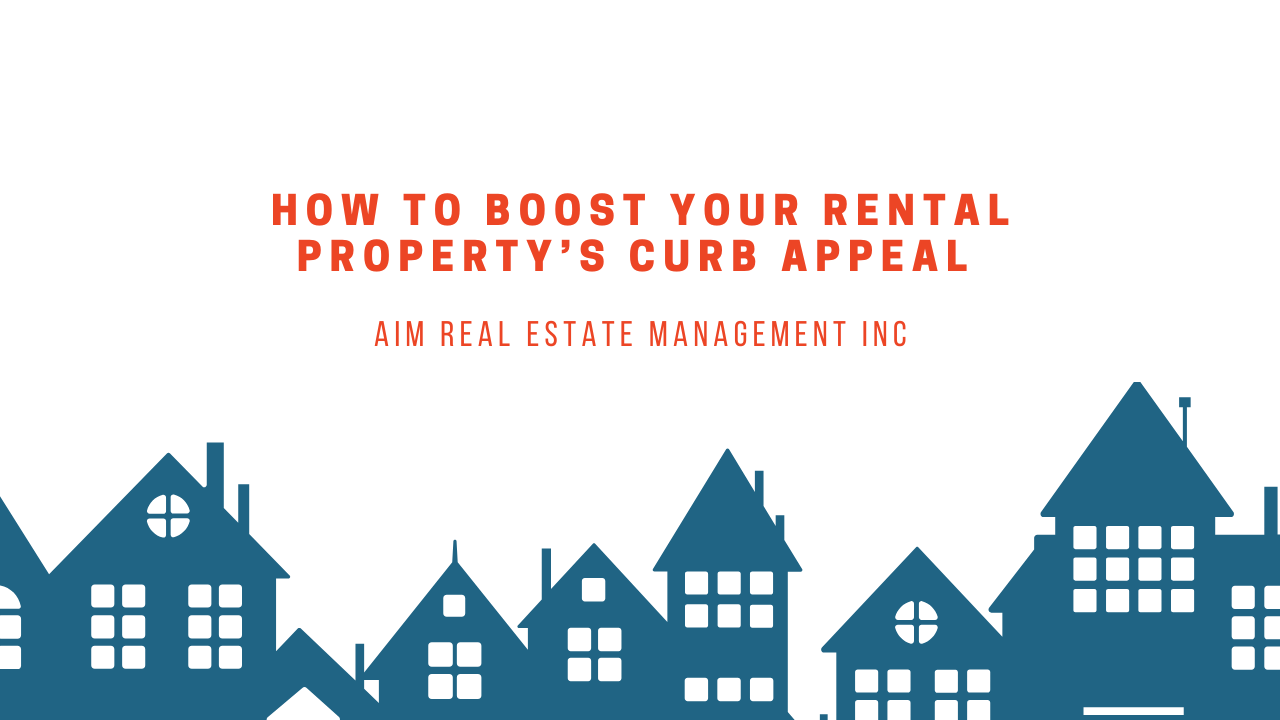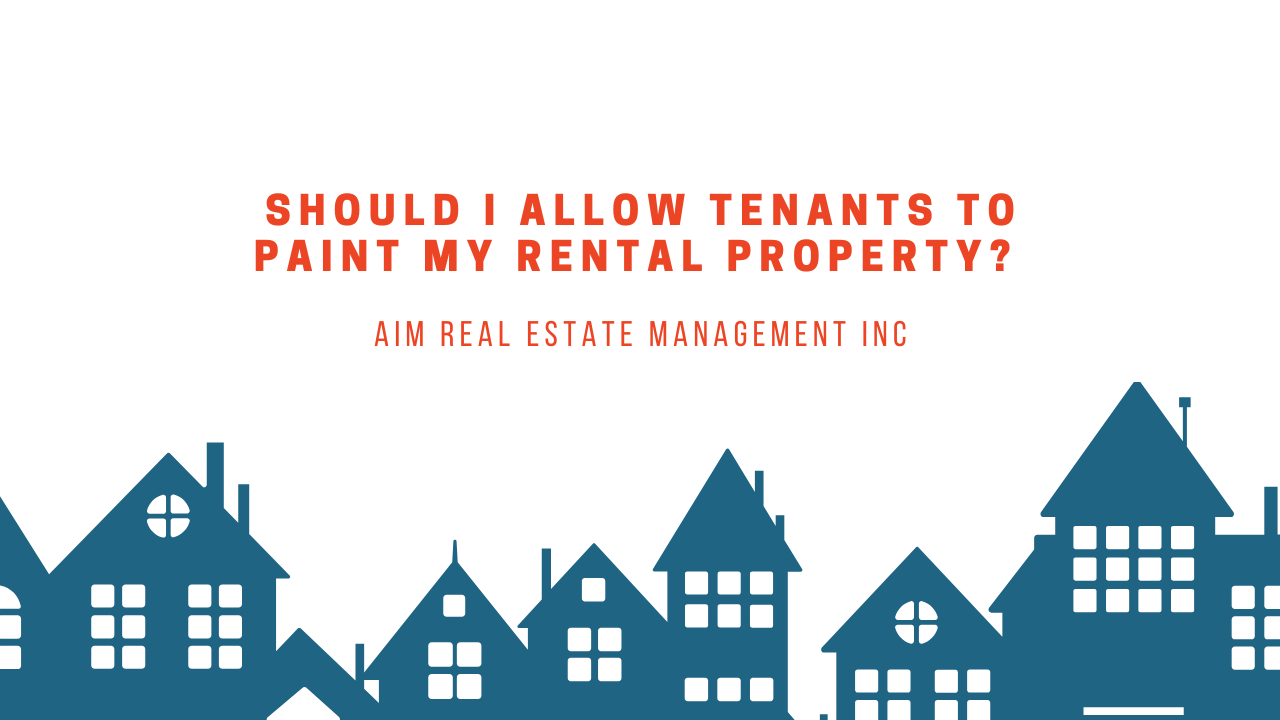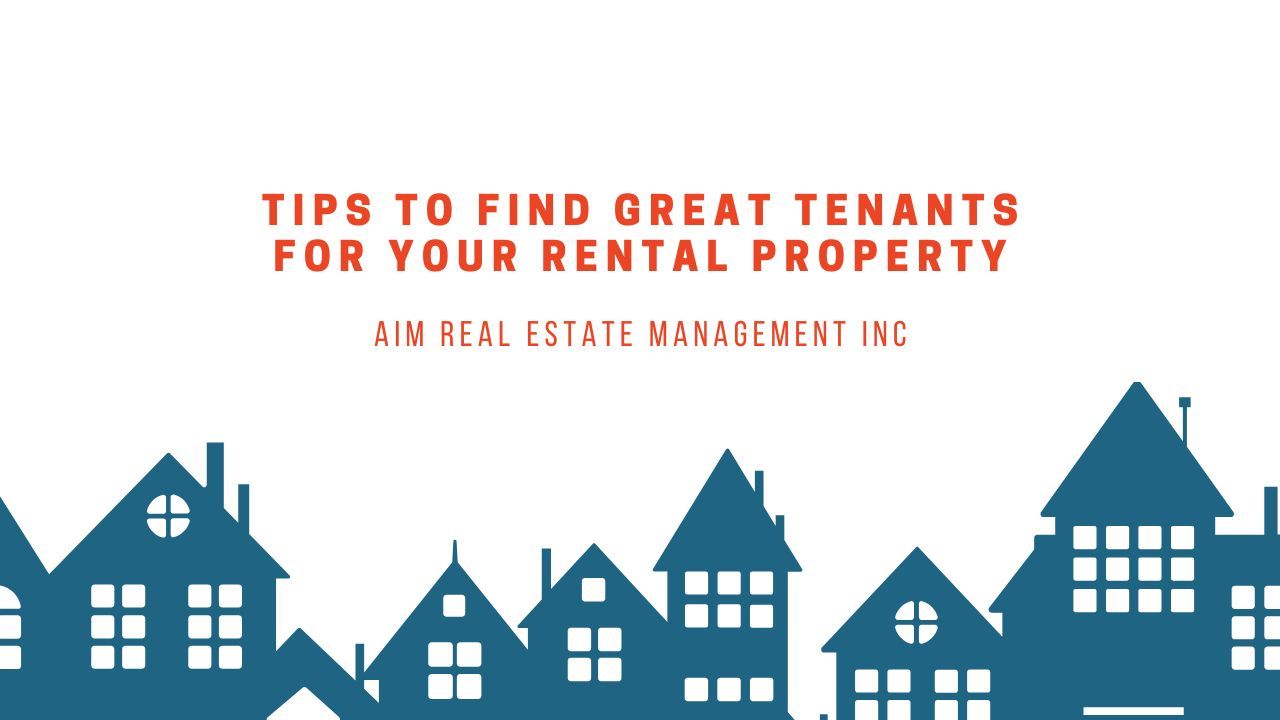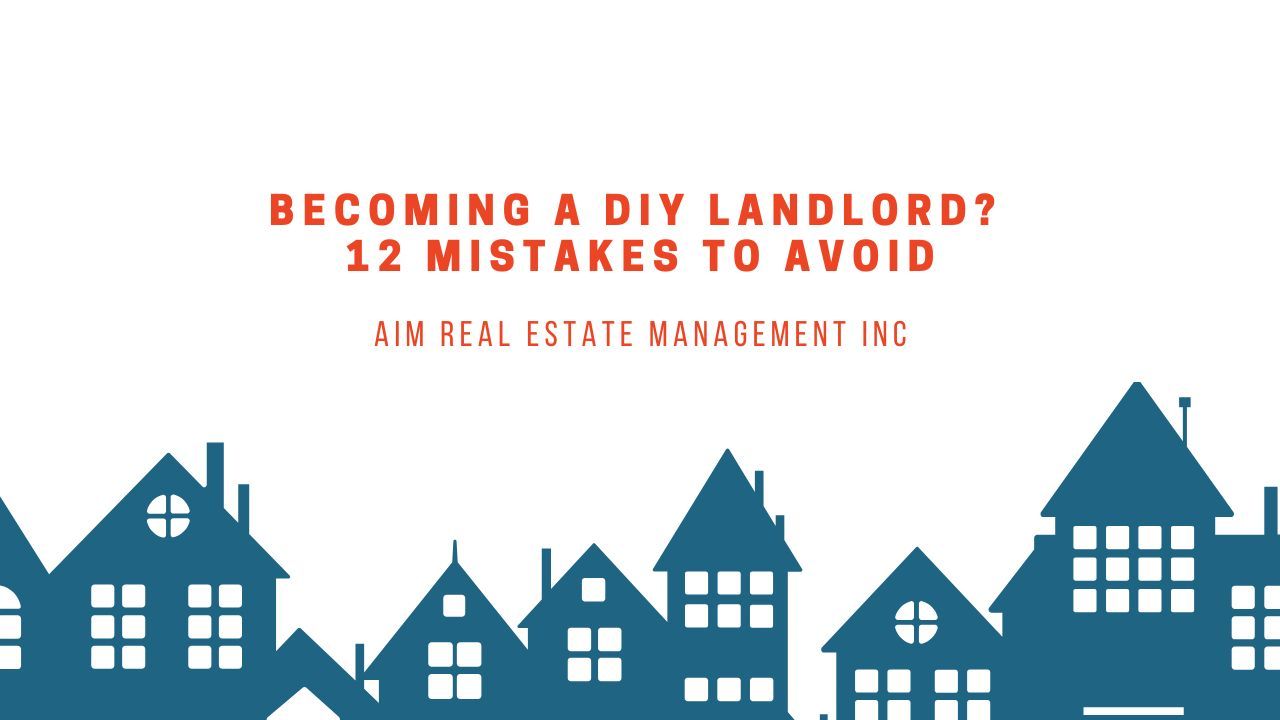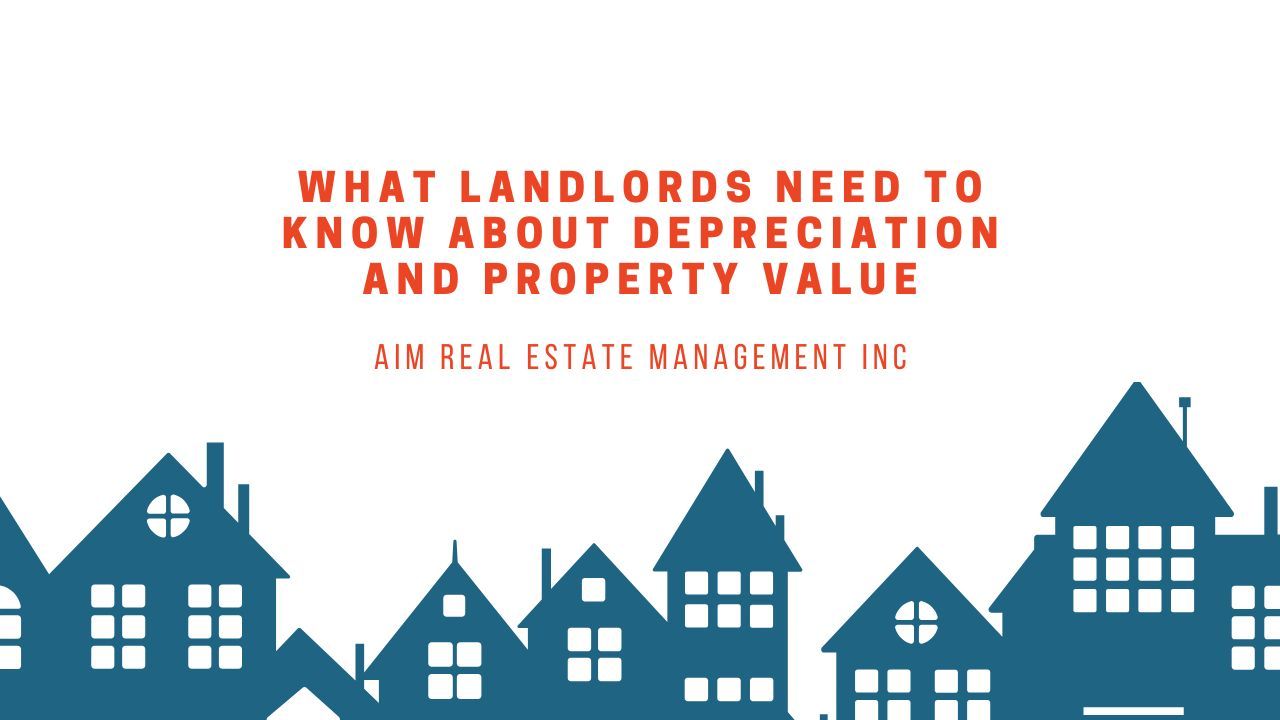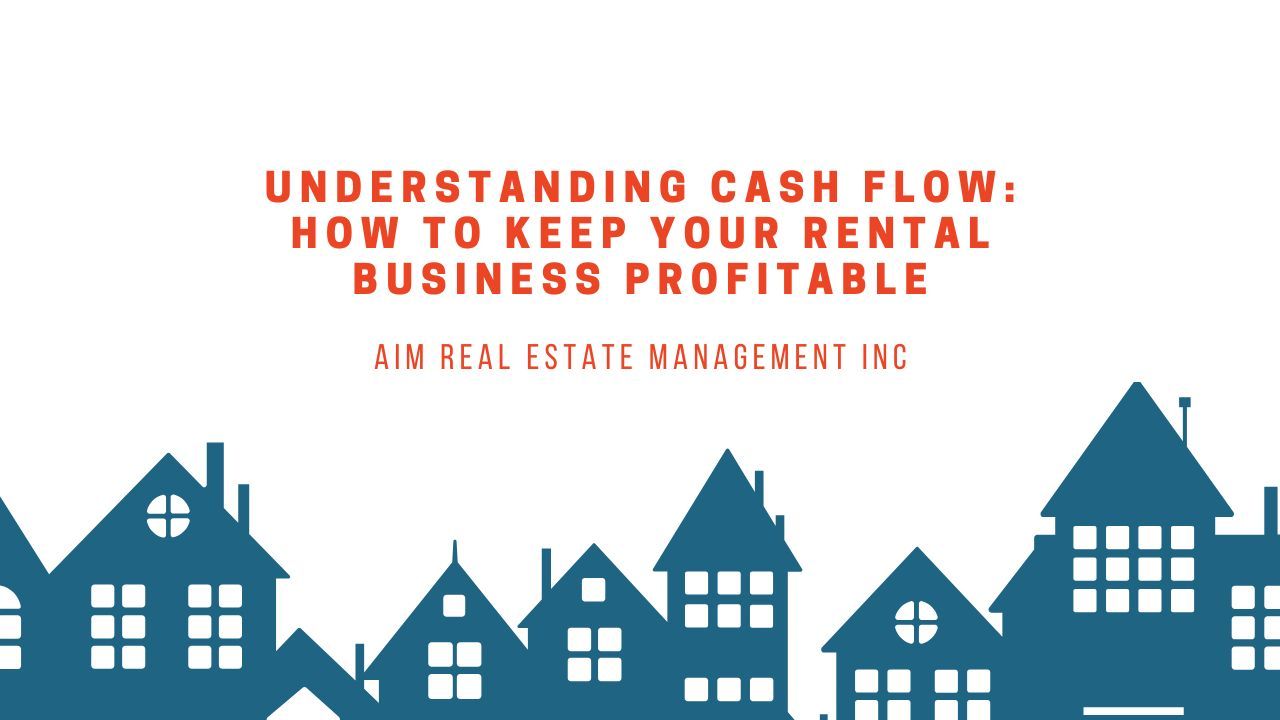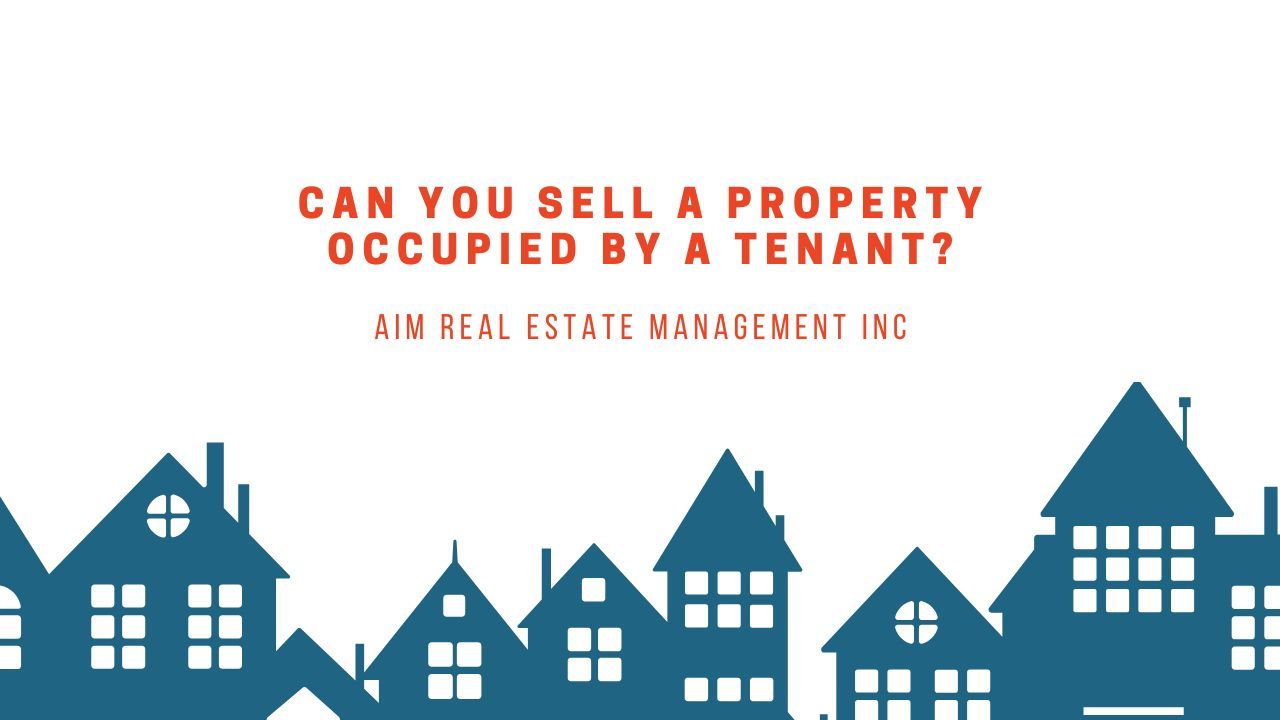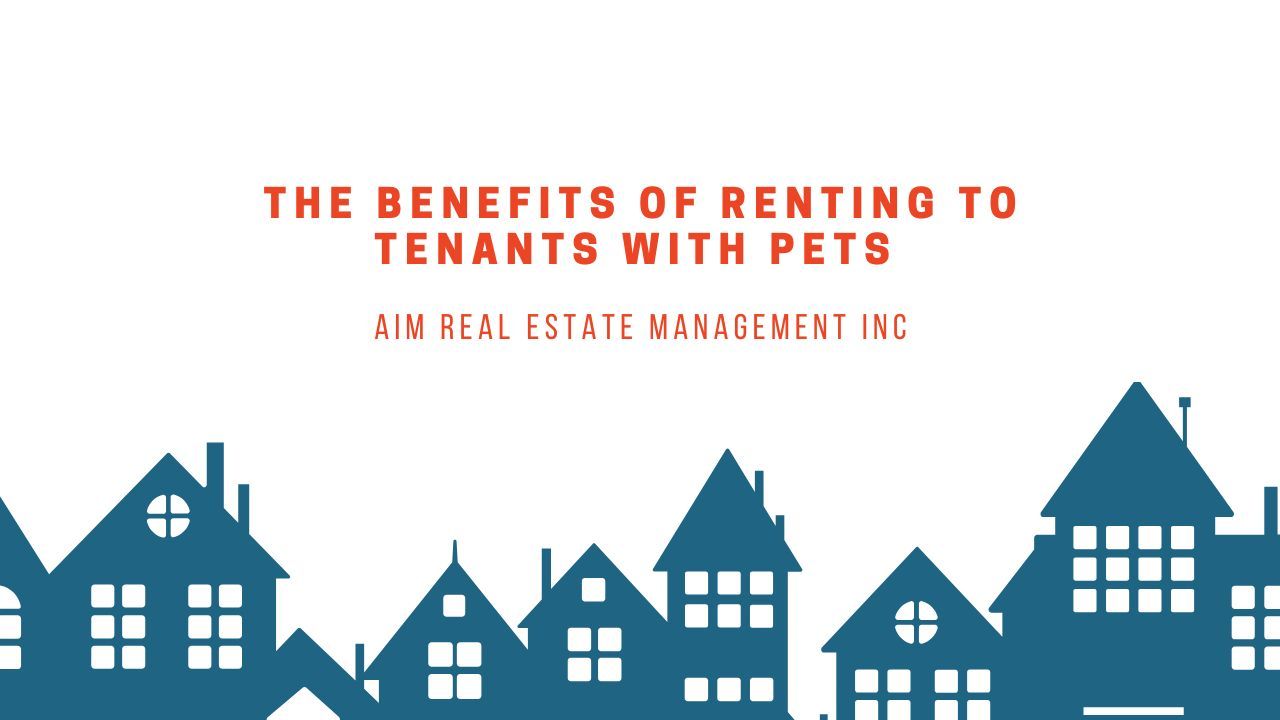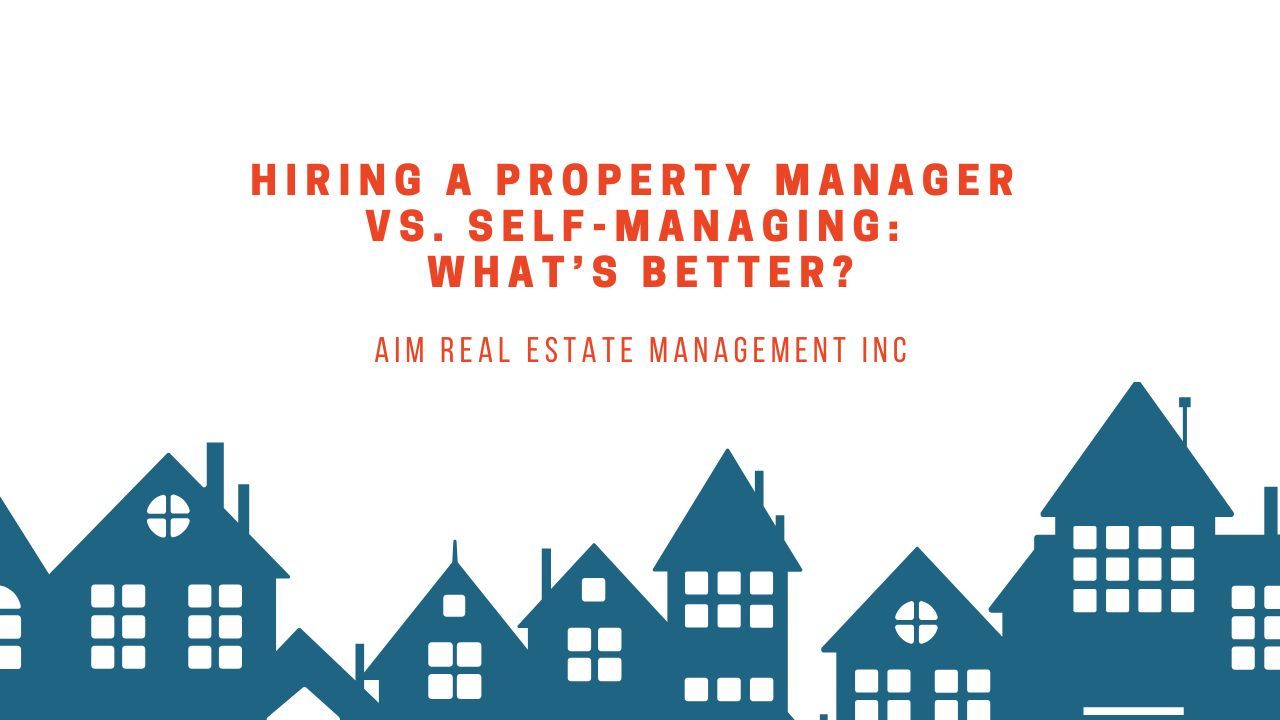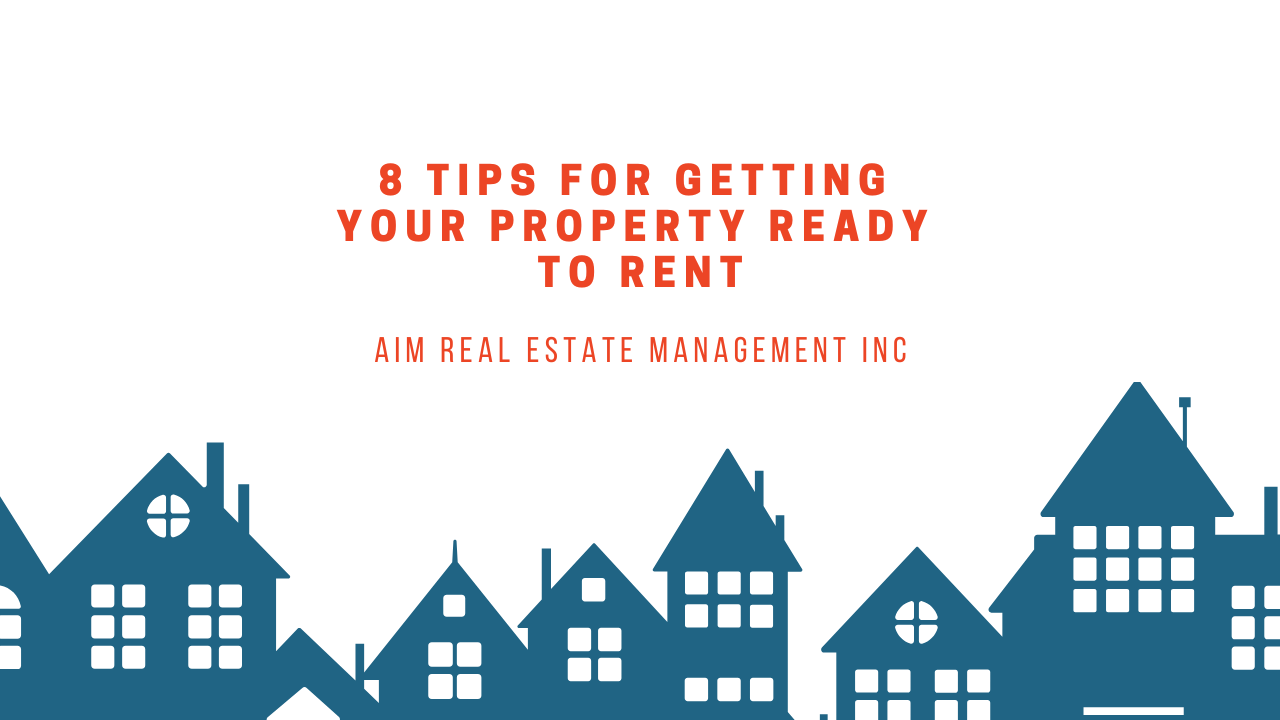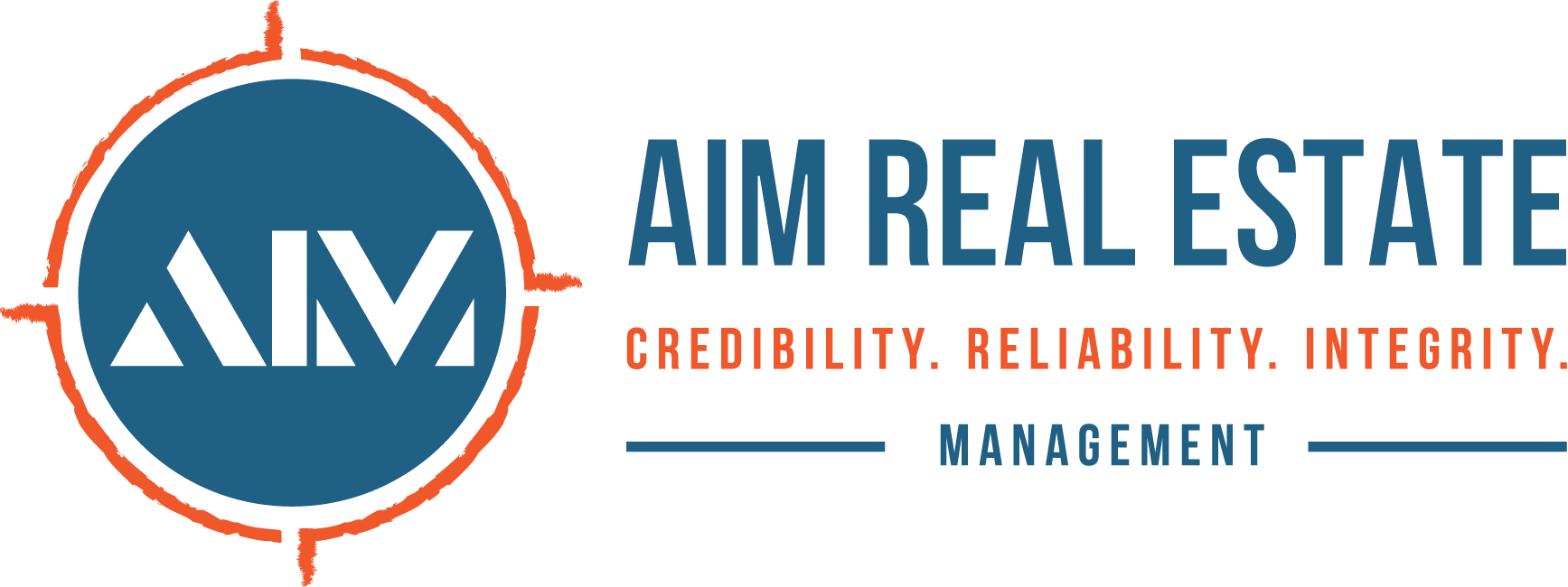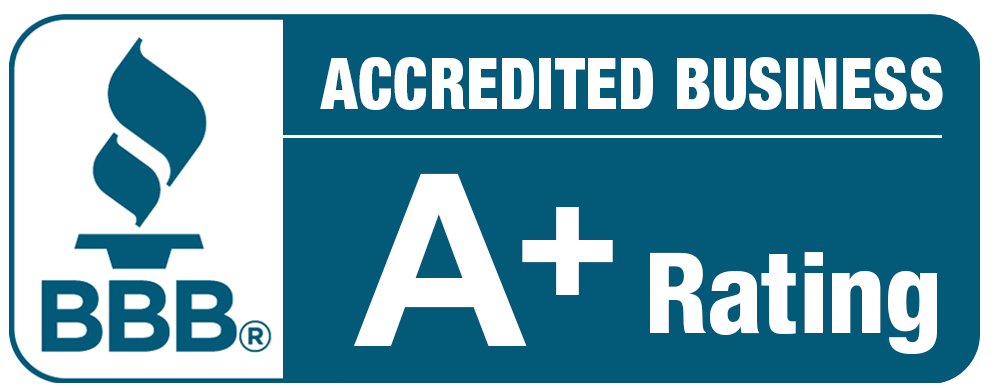South Carolina Rental Laws - An Overview of Landlord Tenant Rights in Hilton Head
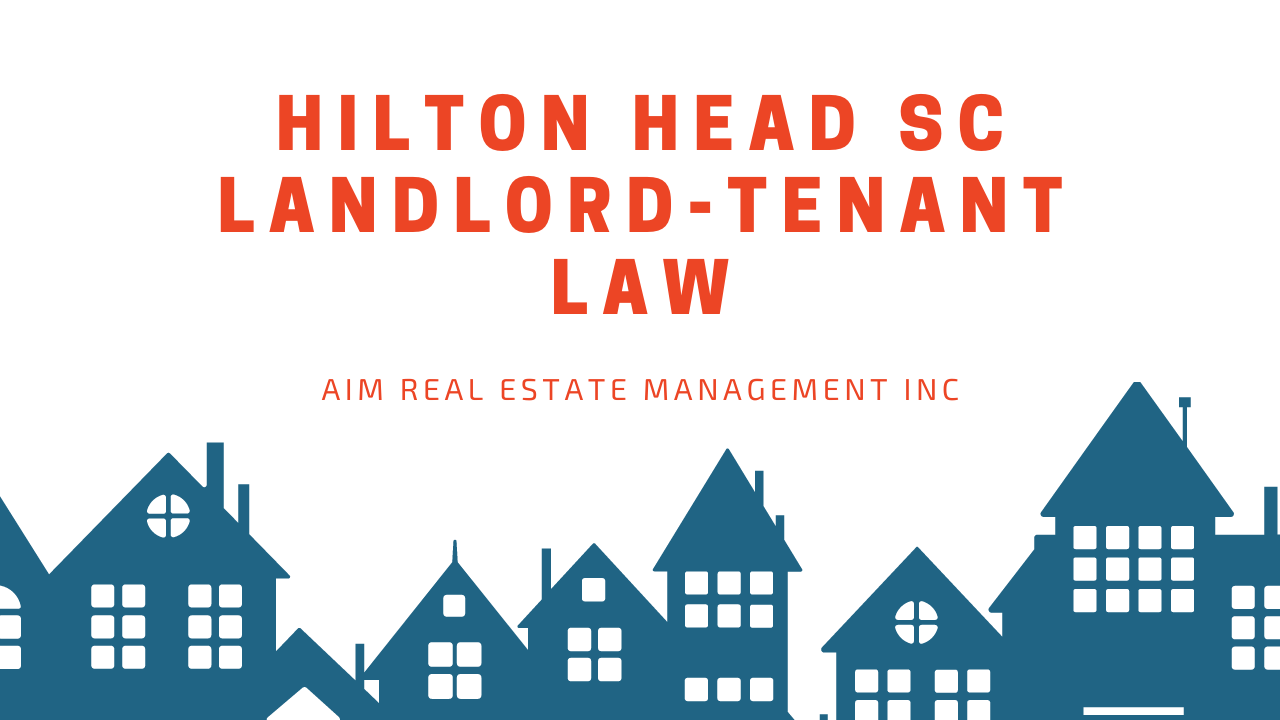
Landlord responsibilities in South Carolina include abiding by certain laws, specifically South Carolina’s Landlord-Tenant Laws. Title 27 of the South Carolina Code Chapter 40 highlights all the rights and responsibilities of each party when you rent a building, including those related to rent, regardless of what is included in their lease or rental agreement.
As a landlord, it’s imperative that you familiarize yourself with South Carolina laws to avoid potential legal issues with your tenant.
The following is a basic overview of South Carolina’s Landlord-Tenant laws.
Required Landlord Disclosures in South Carolina
South Carolina landlords are required to make certain disclosures under federal and state regulations when you rent a building. Under South Carolina state legislation, a landlord must make the following important disclosures prior to a tenant moving into their personal belongings.
Lead-Based Paint
If you're the South Carolina residential landlord of an investment building built prior to 1978, federal regulations require you to inform your tenant of any known use of lead-based paint on the rental property.
Authorized Agents
Legislation dictates that landlords must also provide their tenant with the contact information of all individuals authorized to manage the rental.
Security Deposit Limit
This disclosure is only applicable to South Carolina landlords with 4 adjoining rental units who ask renters for varying security deposit limits.

South Carolina landlords must disclose the method they use for calculating the security deposit charges and post this information in a prominent area for renters to see.
South Carolina Tenant Rights and Responsibilities
The following are some of the rights that every tenant in South Carolina has.
South Carolina tenant have the right to:
- Continue occupying the rental premises until the landlord has followed proper eviction processes.
- Have their repairs and maintenance reports addressed within 14 days of being reported.
- Be treated respectfully and fairly per the provisions of South Carolina Fair Housing laws.
- Be provided with requisite written notice and disclosures prior to signing the rental agreement.
- Terminate the lease agreement or rental agreement without penalty for legally justified reasons including landlord harassment or if the rental premises becomes uninhabitable.
- Receive proper, written notice when the landlord wishes to terminate a month-to-month lease agreement.
- Live in peace and privacy without unnecessary disruptions.
- Occupy a habitable rental property that meets South Carolina’s basic safety, health, building and housing codes.
South Carolina tenants also have an obligation for certain things.
Tenant responsibilities include:
- Ensuring timely rent payments for both the rent due on the rental premises and compliance with the terms of the lease or rental agreement.
- Keeping the dwelling unit clean at all times.
- Abiding by all terms of the lease including smoking policies.
- Not causing rental property damage to the dwelling unit through negligence or carelessness.
- Respecting their neighbors right to peace and quiet.
- Serving the landlord written notice prior to moving out of the dwelling unit or terminating the lease or rental agreement.
If a tenant fails to uphold these responsibilities, including failing to pay rent, withholding rent, or not adhering to other rent-related obligations, a landlord might be entitled to evict the tenant or terminate the lease or rental agreement.
South Carolina Landlord Rights and Responsibilities
The following are some of the rights that South Carolina Code Chapter 40 gives landlords.
Landlords have the right to:
- Enter the rental premises to conduct important responsibilities such as conducting routine inspections or repairs.
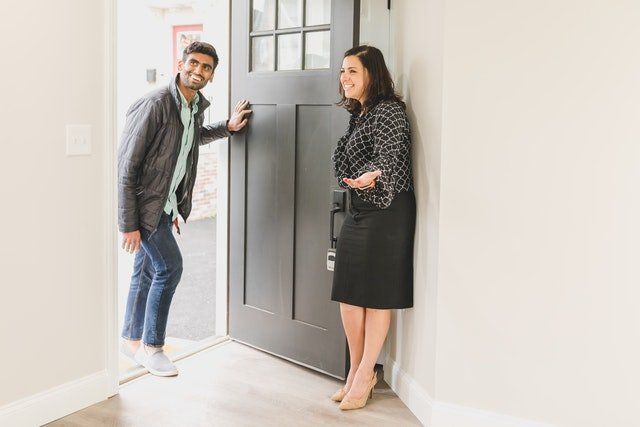
- Require tenants to pay a security deposit prior to moving in.
- Enforce all terms of the rental or lease contract during the tenancy.
- Evict a tenant for violating the rental agreement or lease agreement for reasons such as failing to pay rent on time.
- Draft a legal, written lease or rental agreement.
Landlords responsibilities include:
- Responding to maintenance issues or potential repairs within 14 days after being notified about them with adequate repairs.
- Providing South Carolina tenants with a habitable rental premises during their tenancy.
- Respecting the peace and quiet enjoyment of their tenant.
- Abiding by all terms of the lease, such as paying rent.
- Following the proper legal process when evicting a tenant.
If a landlord doesn't provide essential services such as those listed above to a tenant, they might face legal consequences.
An Overview of South Carolina Landlord-Tenant Laws
Landlord Entry
As a landlord, you have a right to enter your South Carolina property. A landlord may need to do so in order to carry out any of the following important responsibilities:
- Inspecting the unit for damage that will require repairs.
- Showing the unit to a prospective tenant, buyer or lender.
- Under court orders.
- In the event of an emergency.
- If you suspect the tenant has abandoned their unit.
In addition to making your entry at reasonable hours, you must also provide your tenant with advance notice of your entry. Specifically, South Carolina law requires landlords to provide their tenants with written a notice of at least 24 hours’ notice before entry. It is crucial to ensure you give a tenant proper written notice as required to avoid any potential issues with tenants.
Habitability
According to law, landlords are responsible for providing a habitable rental to their tenants. Under the South Carolina
Warranty of Habitability, a landlord must provide their tenant with the following:
- Working sanitation facilities.
- Working gas lines.
- Functioning electrical, plumbing, and lighting.
- A Working HVAC system.
- Running hot and cold water.

If a landlord fails to provide the above, their tenant may have several options to pursue under South Carolina laws.
This includes withholding future rent payments, resolving the landlord tenant disputes themselves and deducting accrued costs from future rent, and seeking remedies if the rental unit becomes uninhabitable by adjusting their rent or pursuing other legal actions related to rent.
Housing Discrimination
As a landlord, you have a legal responsibility to treat your tenant fairly under the state’s Fair Housing laws based on several protected classes.
These classes include:
- Race
- Color
- Religion
- Nationality
- Disability
- Sex
- Familial status
The South Carolina Human Rights Commission is the body tasked with upholding this legislation and hearing housing discrimination claims in the state.
Security Deposits
Contained in the landlord-tenant laws are certain
security deposit rules.
According to the landlord-tenant laws, a landlord must:
- Return a tenant’s security deposit, or whatever portion remains after justified security deposit deductions, within 30 days of the tenant moving out from the landlord's property.
- Only make security deposit deductions for certain legitimate reasons, such as paying to make repairs to any damage the tenant caused that exceeds normal wear and tear.
Bottom Line
Being familiar with current South Carolina Landlord-Tenant laws is critical to your success as a landlord. However, laws in South Carolina are subject to change and it can be difficult to monitor legal amendments while performing your other duties as a landlord.
To ensure your property is always compliant with the law and well taken care of, reach out to
AIM Real Estate Management Inc today! Our comprehensive services are sure to reduce your stress and maximize your ROI!
Disclaimer: Laws are subject to change and this blog may not be updated at the time you read it. This blog is not meant to be a substitute for professional legal advice from a qualified attorney.
